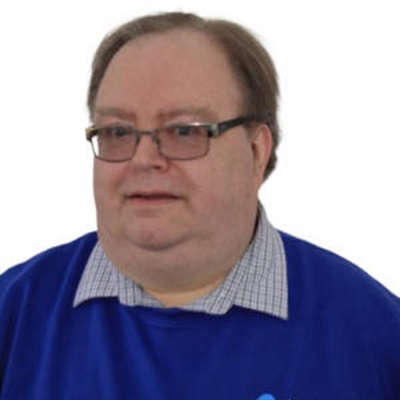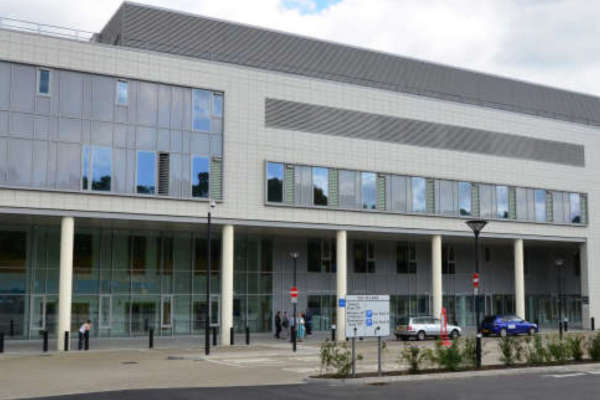
NHS boss Miles Scott sets out the details
More than 200 claims of compensation have been made by relatives of the necrophiliac killer David Fuller, the NHS trust boss disclosed this morning (July 17).
Fuller, of Heatfield, East Sussex was jailed after it emerged at trial he had videoed himself sexually abusing more than 100 female bodies at two Kent mortuaries.
Speaking at the Health Overview and Scrutiny Committee at Kent County Council, Miles Scott, chief executive of the Maidstone and Tunbridge Wells NHS Trust, told members more than 200 relatives of victims have applied to the compensation scheme.
The scheme was closed for claims in April this year.
Responding to a question from Cllr Andrew Kennedy, Mr Scott said: “We work with the legal representatives of the families…We have got over 200 individual claims from families’ members and there is a range of views about the scheme as there is about their experiences of everything to do with this case.”
The scheme, called NHS Resolution, is run by the Trust and the Department for Health and Social Care.
In response to a question by Cllr Lottie Parfitt-Read about working with families, Mr Scott said: “The key thing was putting in place this dedicated compensation scheme so that they do not have to go through individual acts of litigation.”
Fuller’s twisted crimes emerged after he was arrested for the murders of Tunbridge Wells women Caroline Pierce and Wendy Knell in 1987.
He is serving two life sentences for the murders and 16 years for his abuse of bodies.
Officers who raided his Heathfield home found millions of sexual abuse images relating to children, stored on hard drives, DVDs and floppy discs in the loft and spare room.
As officers searched further, they found two drives in a box attached to a chest of drawers inside a wardrobe.
When these were investigated further, the images showed him sexually abusing corpses – some with children – at the hospitals where he worked as a maintenance supervisor over a thirteen-year period.
Fuller had meticulously filed the images of the acts he committed at the Kent and Sussex Hospital, which is now closed, and its successor Tunbridge Wells Hospital at Pembury.
A subsequent inquiry made a series of detailed recommendations to the trust, relating to the security of its mortuaries, which have since been satisfied in phase one of the inquiry.
A trust document to the committee states: “ It is important to note that the trust’s report is not just a point in time and we have put in place a programme of ongoing assurance to monitor and maintain our compliance.
!We have also broadened out the recommendations to cover other areas of the trust where appropriate, including additional security improvements and staff training.”
The inquiry is due to publish phase two findings later this year which will address “broader national picture and consider procedures and practices in hospital and non-hospital settings”.

 Bassetts Farm
Bassetts Farm
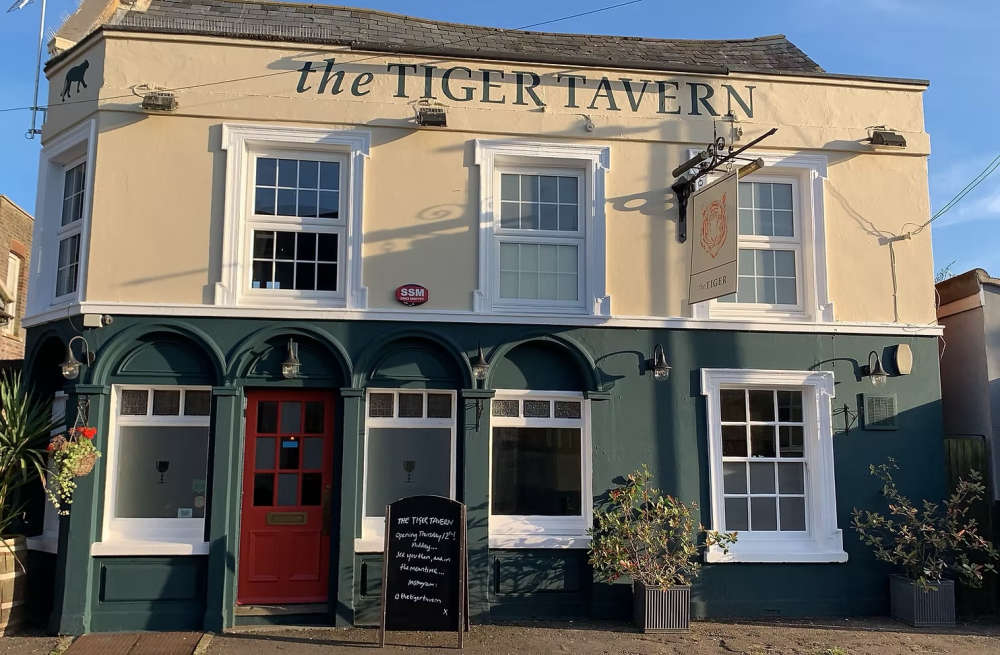 "Devastating" changes
"Devastating" changes
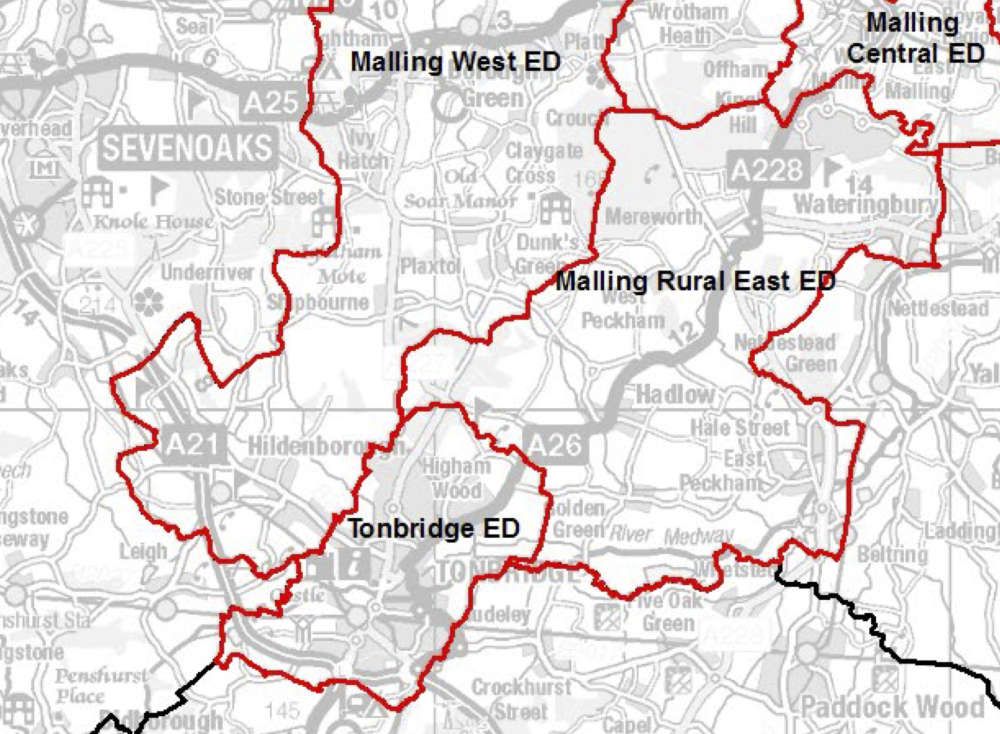 Candidates Tonbridge
Candidates Tonbridge
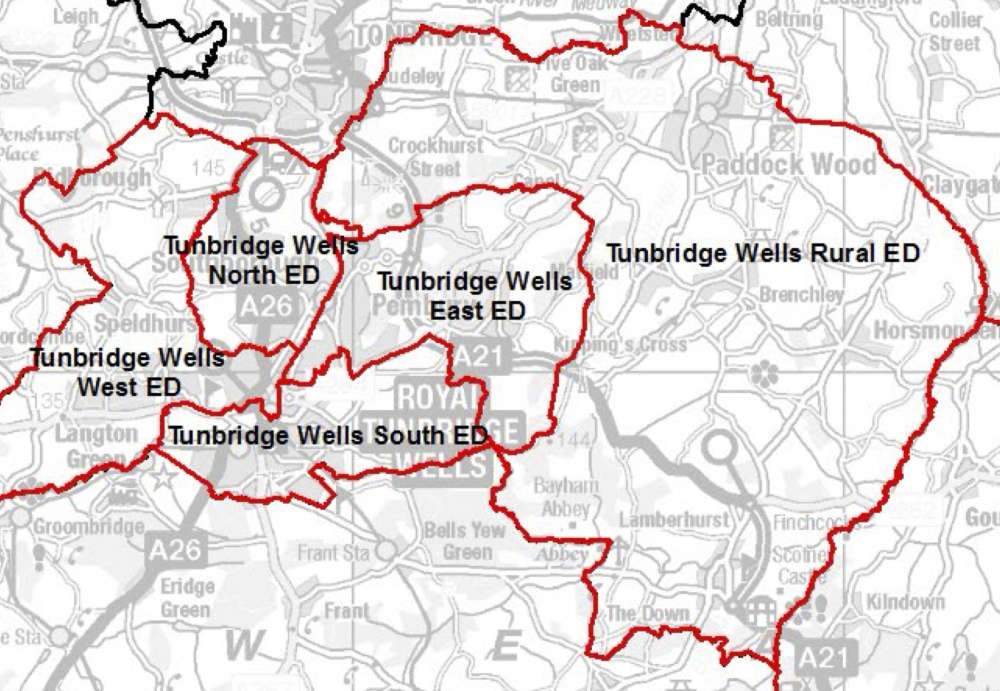 Candidates Tun Wells
Candidates Tun Wells
 Due to Open in 2028
Due to Open in 2028
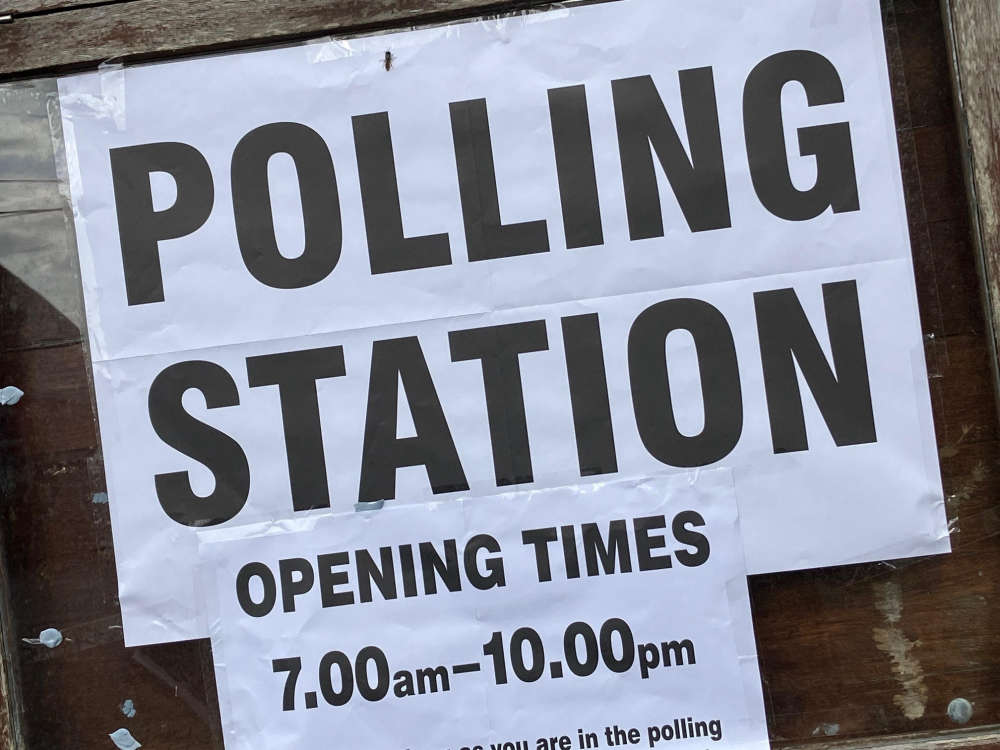 Vote on May 1
Vote on May 1
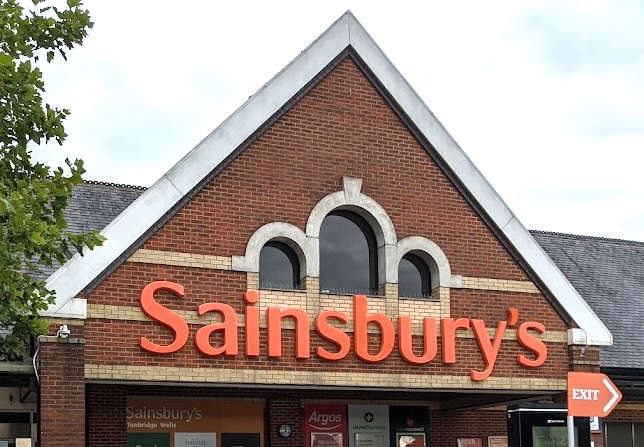 Glare Concerns
Glare Concerns
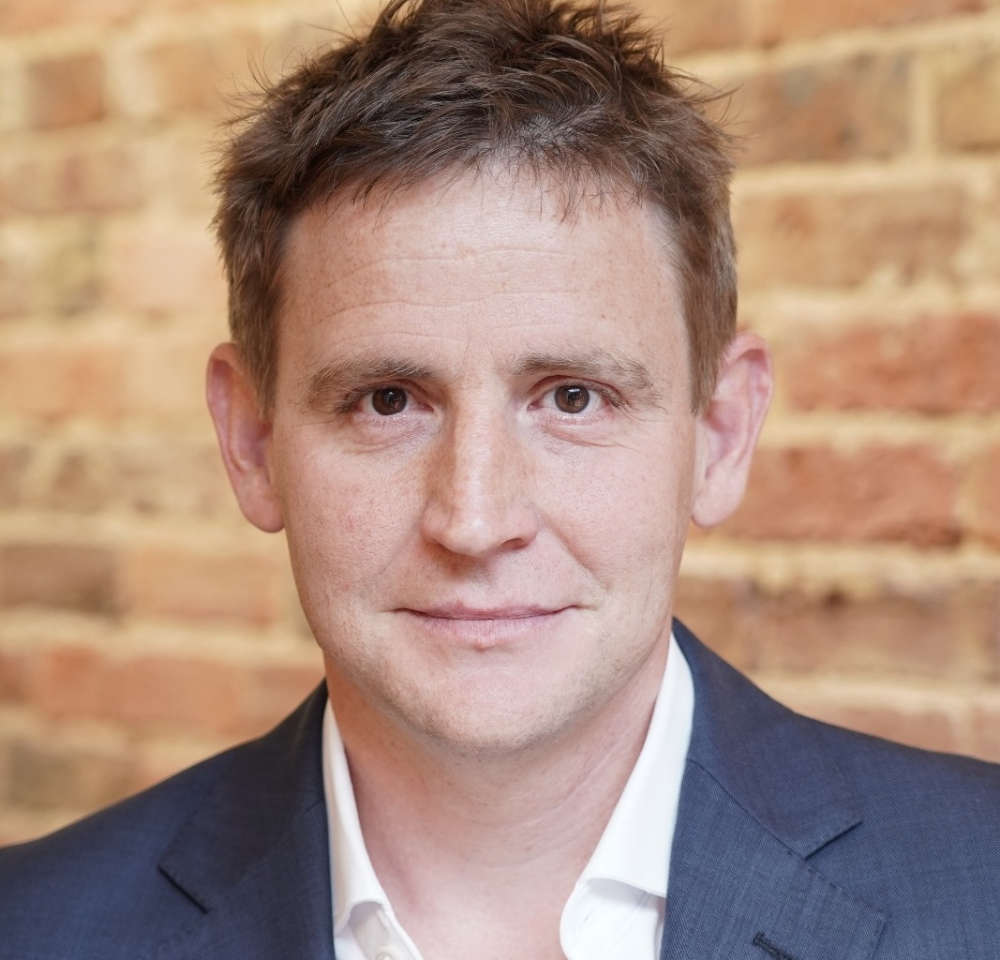 "More Efficient" Future
"More Efficient" Future
